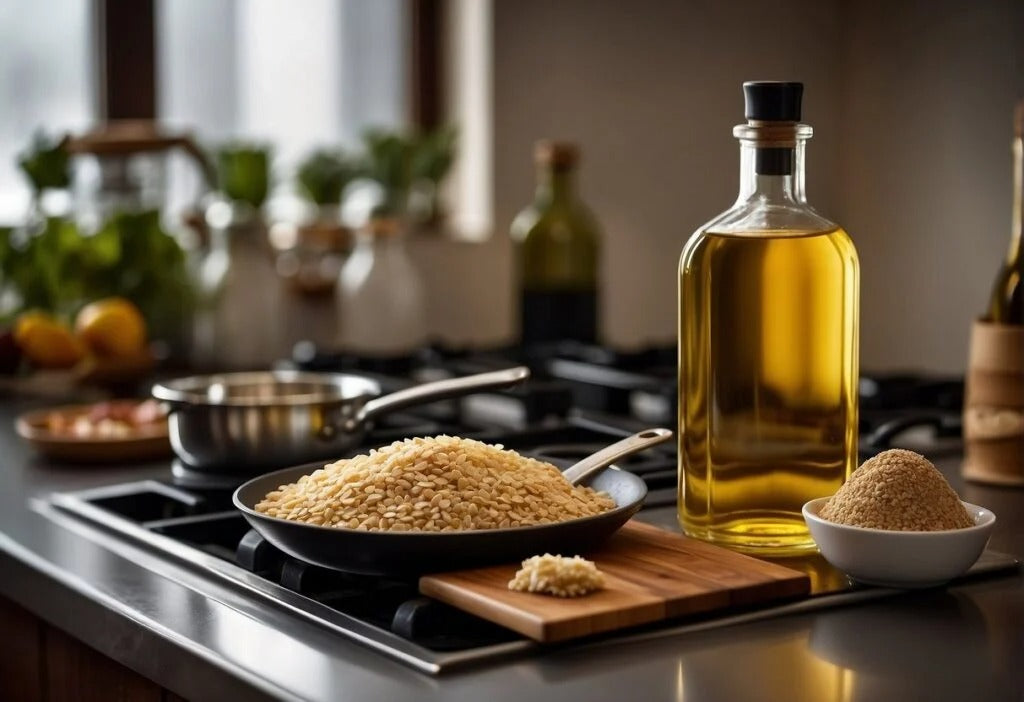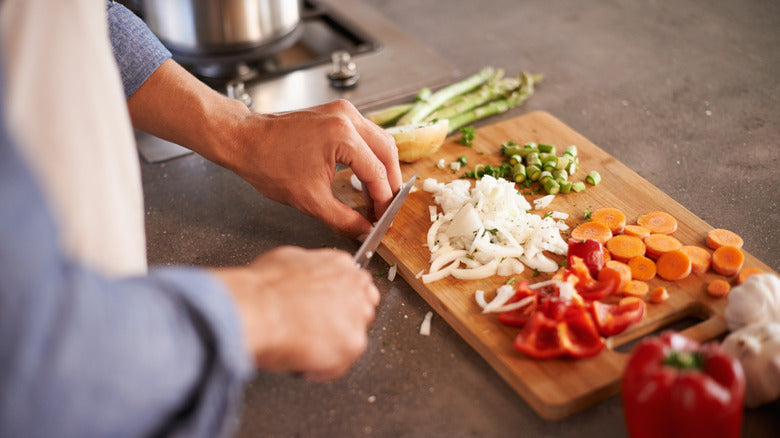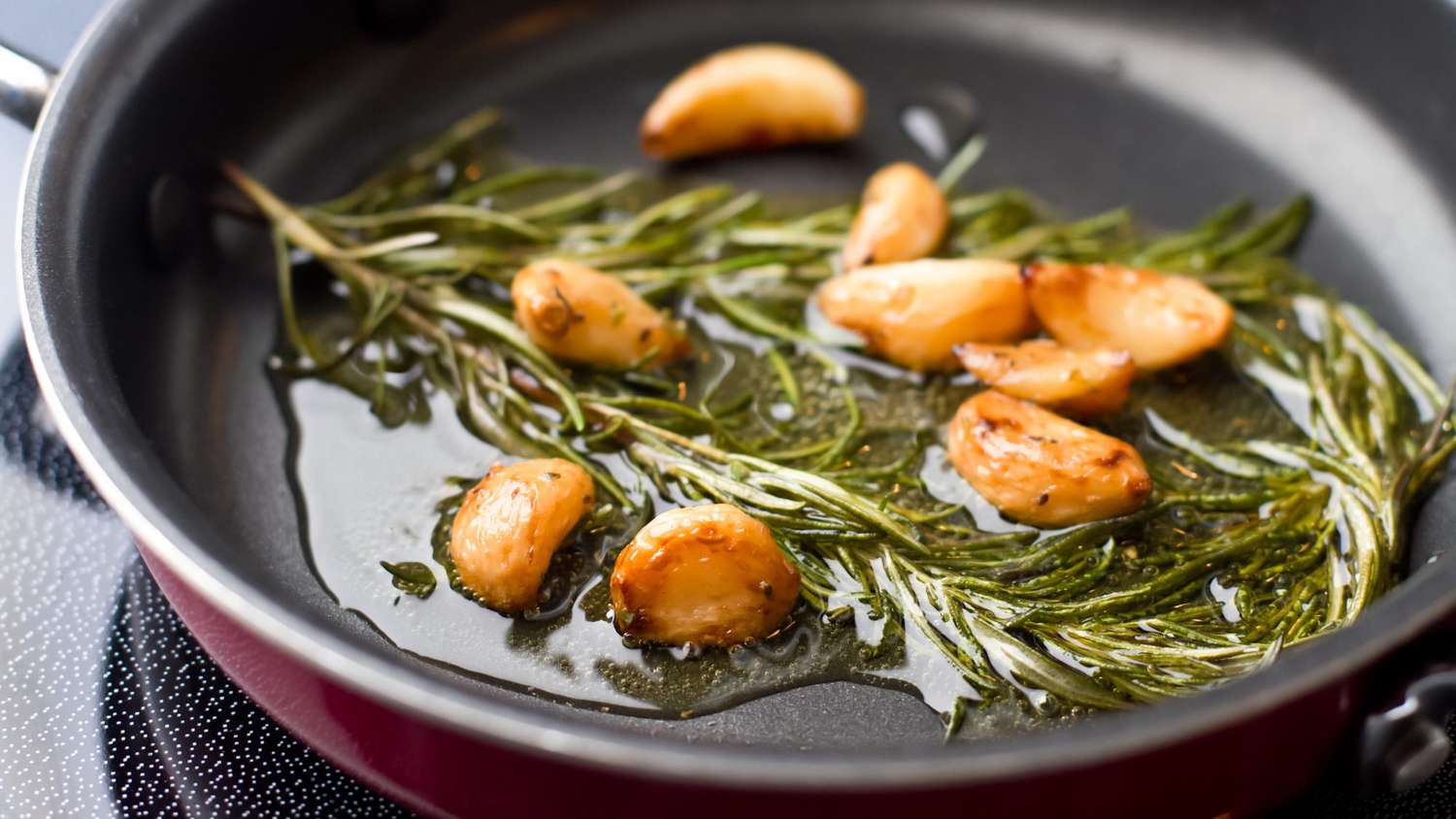When it comes to cooking oils, one important factor to consider is the smoke point. But what is the smoke point of sesame oil, and why does it matter in your culinary adventures?

The Basics of the Smoke Point
The smoke point is the temperature at which an oil begins to smoke and produce visible fumes. It's a crucial factor for kitchen professionals because cooking oil that exceeds its smoke point can result in burnt food, off flavors, and harmful compounds.
Why the Smoke Point Matters
The smoke point isn't just about avoiding burnt food; it also impacts the flavor and nutritional value of what you cook. Oils that are heated past their smoke point can break down, releasing free radicals and acrolein, which can be harmful to ingest. Therefore, understanding the smoke point of different oils is essential for maintaining both taste and health in your dishes.

Sourcing Sesame Oil: Unrefined vs. Refined
Sesame oil comes in two main varieties: unrefined and refined. Both have distinct smoke points and uses. Unrefined sesame oil is often used for flavoring due to its rich, nutty taste, while refined sesame oil, which has a higher smoke point, is better suited for high-heat cooking methods.
Unrefined Sesame Oil
Unrefined sesame oil generally has a smoke point ranging between 350-410F (175-210C). It's better suited for stir-frying, sauteing, and seasoning but should be carefully monitored to avoid hitting that smoke point.
Refined Sesame Oil
On the other hand, refined sesame oil has a higher smoke point of about 450F (232C), making it more versatile for various cooking methods, including deep frying and searing. Cleaning kitchen tiles.

How to Measure Smoke Point in Cooking
Knowing the smoke point is one thing; measuring it is another. Properly preheating your pan and gradually increasing the heat can help avoid reaching the smoke point too soon. Using a thermometer can also offer precise control over the temperature, ensuring optimal cooking conditions.
Utilizing Sesame Oil in Your Cooking
Each type of sesame oil brings its unique set of benefits to your kitchen. Unrefined sesame oil is ideal for dishes where you want a burst of flavor, while refined sesame oil can handle the rigors of high-heat cooking without breaking down.

Practical Tips for Using Sesame Oil
- Always monitor the temperature when heating sesame oil.
- Use a kitchen thermometer for precise measurements.
- Great for seasoning and flavoring when used at lower temperatures.
- Refined sesame oil can be a great all-purpose oil due to its high smoke point.
Health Benefits of Sesame Oil
Beyond its cooking versatility, sesame oil offers numerous health benefits. Rich in antioxidants, vitamins, and minerals, it can contribute to better heart health, skin protection, and anti-inflammatory effects. But these benefits are best preserved when the oil is used within its smoke point limits.
Frequently Asked Questions
What happens if you exceed the smoke point of sesame oil?
Exceeding the smoke point can result in burnt flavors and the release of harmful compounds, making your dish less healthy and potentially unsafe.
Is unrefined sesame oil better than refined for health benefits?
Unrefined sesame oil retains more natural nutrients and antioxidants, making it generally better for health, but it's crucial to use it within its lower smoke point range to preserve these benefits.
Can you mix sesame oil with other oils to increase the smoke point?
Mixing sesame oil with oils that have higher smoke points can sometimes increase its smoke point, but it's essential to understand that blending oils can alter their flavor and nutritional profile.
In conclusion, understanding what is the smoke point of sesame oil is key to making the most out of this versatile oil. Whether used for its distinct flavor in a final dish or for high-heat cooking, keeping its smoke point in mind will help maintain the quality and healthiness of your culinary creations. Learn more about different cooking oils. Cooking Techniques Healthy Cooking Oil Guide
As an Amazon Associate, I earn from qualifying purchases.






Leave a comment
This site is protected by hCaptcha and the hCaptcha Privacy Policy and Terms of Service apply.